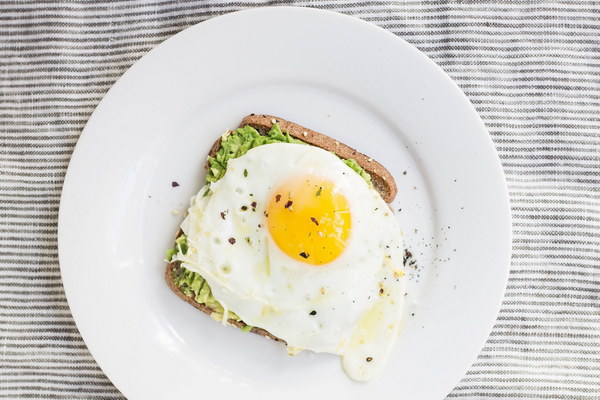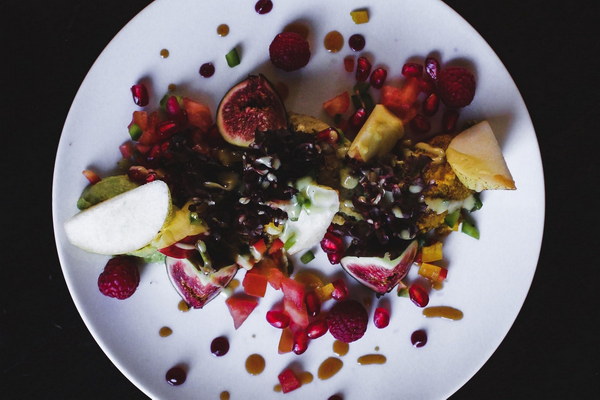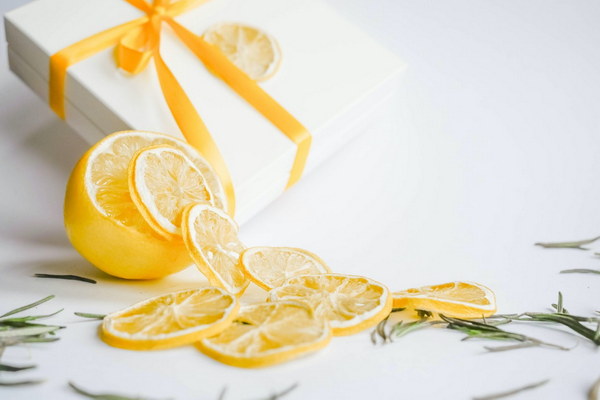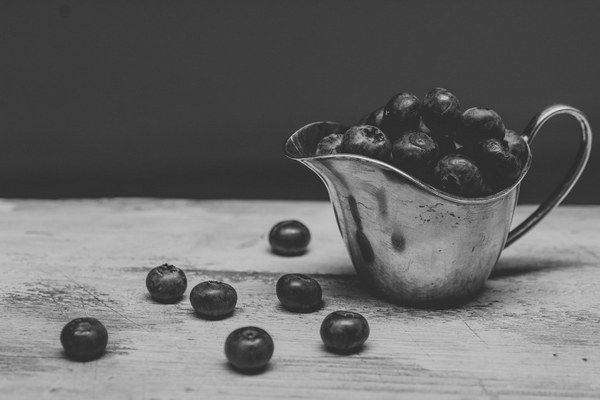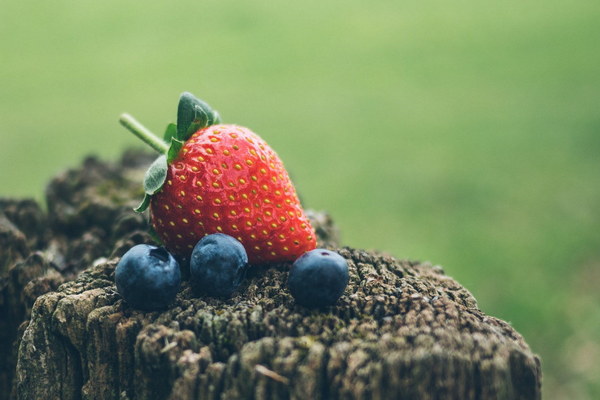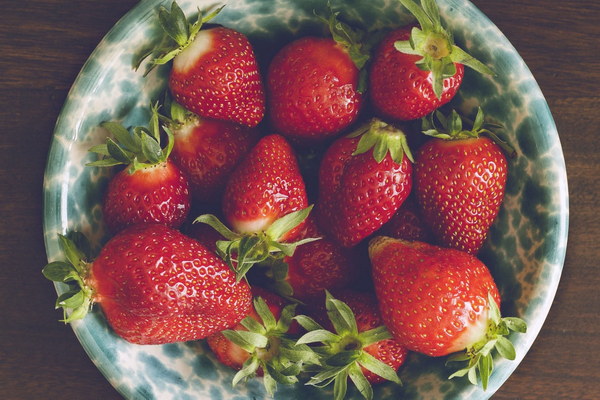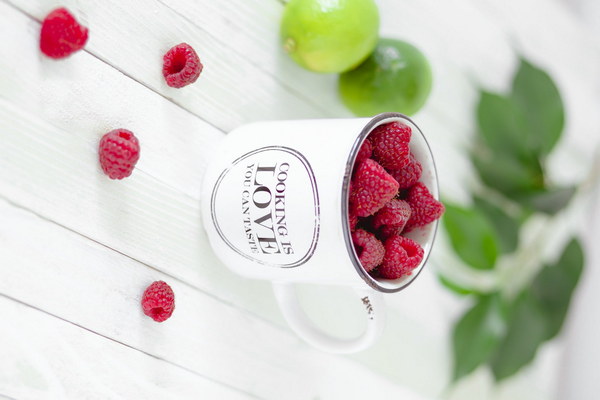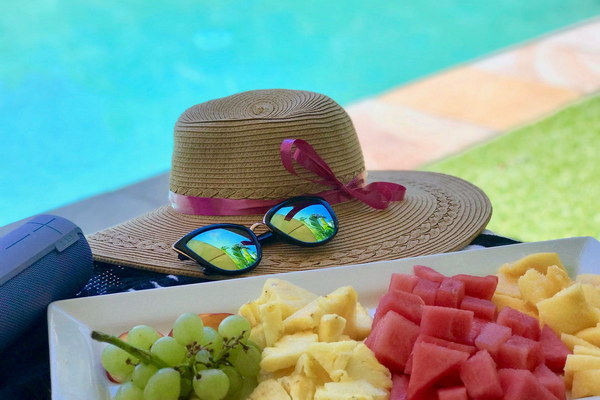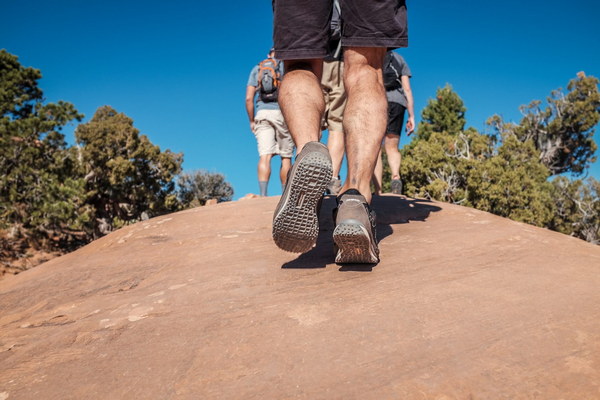The Art of Brewing Herbal Teas Why Avoiding Boiling Water is Key to Health
In the realm of traditional medicine, herbal teas have been a staple for centuries, offering a multitude of health benefits. However, the method in which we prepare these teas can significantly impact their efficacy. One often overlooked aspect is the temperature of the water used for brewing. Surprisingly, boiling water is not always the best choice when it comes to making herbal teas. This article delves into why avoiding boiling water is crucial for reaping the full benefits of these natural remedies.
Firstly, it's important to understand the properties of the various herbal teas. Many of these teas contain delicate compounds, such as flavonoids, volatile oils, and antioxidants, which are sensitive to heat. When exposed to high temperatures, these beneficial compounds can break down, reducing the tea's overall therapeutic value.
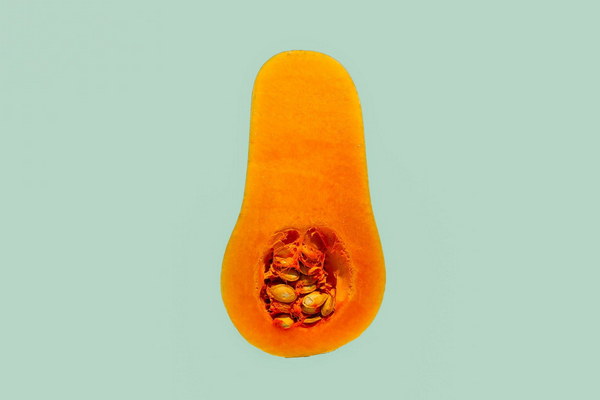
For instance, green tea, which is renowned for its high content of antioxidants and polyphenols, loses a significant portion of its beneficial properties when brewed with boiling water. The high temperature accelerates the oxidation process, leading to a degradation of the tea's healthful components. To maximize the benefits of green tea, it's recommended to use water that has just been brought to a simmer, around 160-175 degrees Fahrenheit.
Similarly, herbal teas with medicinal properties, such as chamomile, ginger, and peppermint, can lose their therapeutic benefits when brewed with boiling water. These teas are typically infused at lower temperatures, around 90-100 degrees Celsius, to preserve the delicate compounds that contribute to their healing effects.
Moreover, using boiling water can cause certain teas to become bitter and overly astringent. The heat can release tannins from the tea leaves, which can lead to an unpleasant taste and may also interfere with the absorption of nutrients in the body. By using cooler water, we can enjoy the full flavor and health benefits of the tea without any unpleasant aftertastes.
In addition to preserving the beneficial compounds and flavor, using cooler water for brewing herbal teas can also enhance their digestive properties. Many herbal teas are known for their soothing effects on the gastrointestinal system, and the lower temperature helps to maintain these properties. For instance, peppermint tea, which is often consumed to alleviate digestive discomfort, can be more effective when brewed with cooler water.
So, how do we determine the optimal water temperature for brewing herbal teas? Here are some general guidelines:
1. Green, white, and oolong teas: Use water that has been heated to a simmer, around 160-175 degrees Fahrenheit.
2. Black tea: Bring water to a boil and then let it sit for about one minute before brewing the tea.
3. Herbal teas (chamomile, ginger, peppermint, etc.): Use water that has been heated to around 90-100 degrees Celsius.
4. Rooibos tea: Bring water to a boil and then brew the tea for about 5-7 minutes.
By following these guidelines and avoiding the use of boiling water, we can fully harness the health benefits of herbal teas. So, the next time you're preparing a cup of your favorite herbal tea, take a moment to consider the temperature of the water you're using. Your body will thank you for it.
In conclusion, while the traditional method of brewing herbal teas with boiling water may be convenient, it's not always the best approach. By using cooler water, we can preserve the delicate compounds and enhance the flavor and therapeutic properties of these natural remedies. So, the next time you're preparing a cup of herbal tea, remember to pay attention to the water temperature and enjoy the full benefits of these time-honored health tonics.
